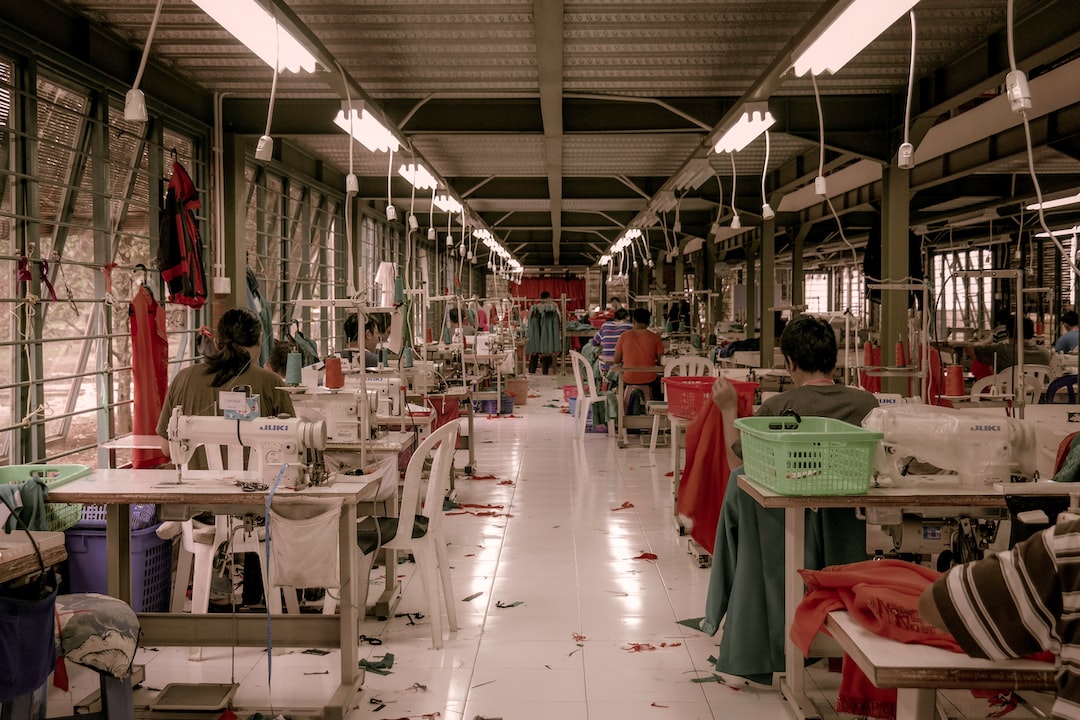Sustainability in Manufacturing: Promoting Eco-Friendly Practices
In recent years, there has been growing awareness and concern about the negative impact of industrial activities on the environment. As a result, there has been a strong push towards sustainability in manufacturing. Manufacturers are now adopting eco-friendly practices to minimize their carbon footprint and preserve the planet for future generations.
One of the main goals of sustainable manufacturing is to reduce waste and promote resource efficiency. This involves implementing strategies to minimize the consumption of raw materials and energy throughout the entire production process. By optimizing process flow and using renewable energy sources, manufacturers can significantly reduce their environmental impact.
Energy consumption is a major contributor to carbon emissions and global warming, making it an important area of focus for sustainable manufacturing. Manufacturers can adopt energy-efficient technologies, such as LED lighting and automated systems, to minimize energy wastage. They can also invest in renewable energy sources, such as solar or wind power, to meet their electricity needs. By reducing their reliance on fossil fuels, manufacturers not only reduce their carbon emissions but also contribute to the development of a sustainable energy infrastructure.
Another key aspect of sustainable manufacturing is waste reduction and management. Manufacturers can design products with a focus on recyclability and implement recycling programs for both their production waste and end-of-life products. By implementing a closed-loop system, where materials are reused or recycled instead of being disposed of, manufacturers can significantly reduce their waste generation. This not only benefits the environment but also reduces the need for raw material extraction and lowers production costs.
Water is an essential resource, and its conservation is crucial for sustainable manufacturing. Manufacturers can implement water-saving measures such as recycling and reusing water in their production processes. They can also invest in technologies that reduce water consumption, such as low-flow fixtures and water-efficient cooling systems. By reducing water usage and implementing efficient water management practices, manufacturers contribute to the preservation of this precious resource.
To further promote sustainability in manufacturing, manufacturers can prioritize the use of eco-friendly materials. By using organic or recycled materials, manufacturers can reduce the environmental impact associated with resource extraction. They can also ensure that their supply chains adhere to ethical and sustainable practices. This includes sourcing materials from responsible suppliers who prioritize social and environmental sustainability.
Furthermore, sustainable manufacturing extends beyond the factory walls. Manufacturers can collaborate with other stakeholders, such as customers, suppliers, and government agencies, to develop sustainable solutions. By engaging in collaborative initiatives, manufacturers can drive change and promote sustainable practices throughout the industry.
In addition to the environmental benefits, sustainable manufacturing also offers economic advantages. By implementing eco-friendly practices, manufacturers can reduce operational costs in the long run. Energy-efficient technologies, for example, may require an initial investment but result in lower utility bills over time. Additionally, implementing waste reduction measures can reduce material costs and disposal fees. Sustainable practices also help manufacturers build a positive brand image, attract environmentally conscious customers, and comply with regulations.
In conclusion, sustainability in manufacturing is crucial for the preservation of our planet. By adopting eco-friendly practices, manufacturers can significantly reduce their environmental impact and promote resource efficiency. Through the implementation of energy-efficient technologies, waste reduction measures, water conservation, use of eco-friendly materials, and collaboration with stakeholders, the manufacturing sector can contribute to a sustainable future. By committing to sustainability, manufacturers not only protect the environment but also reap economic benefits in the long run. It is essential for all manufacturers to prioritize sustainability and work towards establishing a greener and more sustainable future.

